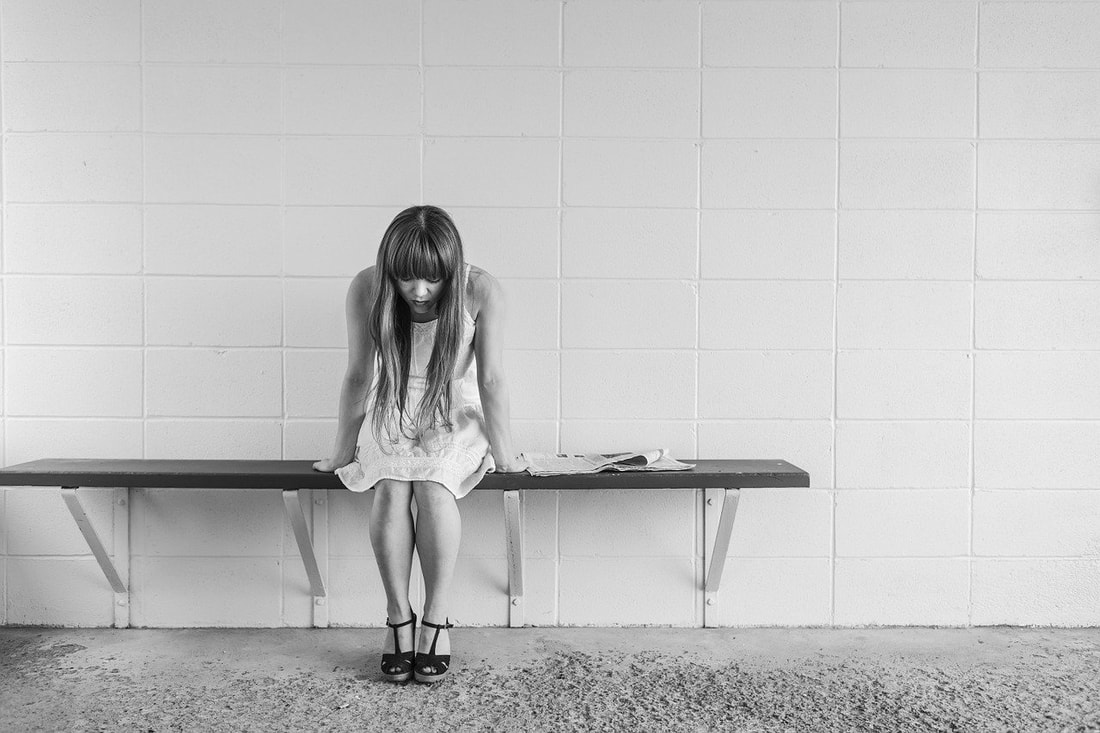Helplessness: Definition, Theory, & EmotionsFeelings of helplessness can be debilitating and enduring. Learn more about the science of how helplessness develops and how we can protect our sense of agency in an unwieldy world.
In response to an uncontrollable situation, we can sometimes arrive at the conclusion that all situations are out of our control; that we are powerless. Luckily, by understanding what the science of helplessness shows us about how it's developed and maintained, we can create strategies that will help us manage feelings of helplessness.
Before reading on, if you're a therapist, coach, or wellness entrepreneur, be sure to grab our free Wellness Business Growth eBook to get expert tips and free resources that will help you grow your business exponentially. Are You a Therapist, Coach, or Wellness Entrepreneur?
Grab Our Free eBook to Learn How to
|
Are You a Therapist, Coach, or Wellness Entrepreneur?
Grab Our Free eBook to Learn How to Grow Your Wellness Business Fast!
|
Terms, Privacy & Affiliate Disclosure | Contact | FAQs
* The Berkeley Well-Being Institute. LLC is not affiliated with UC Berkeley.
Copyright © 2024, The Berkeley Well-Being Institute, LLC
* The Berkeley Well-Being Institute. LLC is not affiliated with UC Berkeley.
Copyright © 2024, The Berkeley Well-Being Institute, LLC




